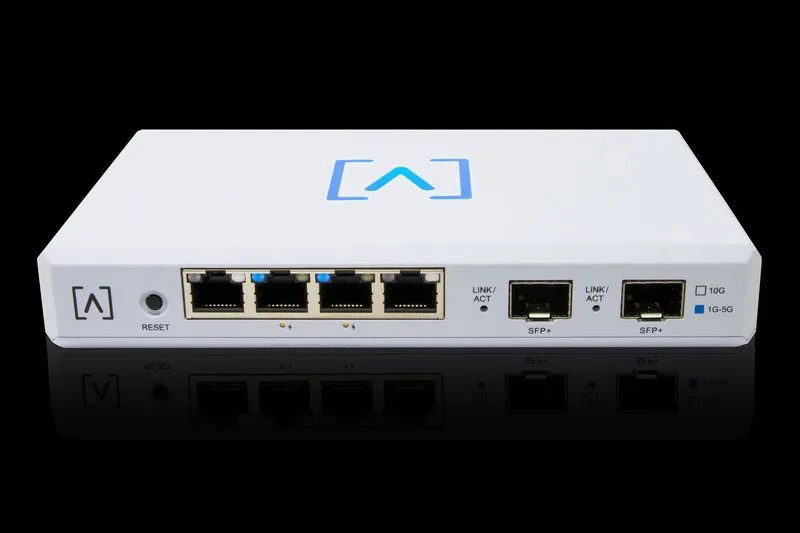Ingram Micro has forged an alliance with T-Mobile to deliver solutions based on 5G technology through Ingram resellers and solution providers.
The agreement, which the distributor announced during its ONE partner conference in Orlando today, commits both companies to arm Ingram partners with reference architectures for designing, constructing, and supporting solutions to be around for the next eight years,” said Karl Connolly, a technology consultant at Ingram, in a conversation with ChannelPro today. “We would argue now is the perfect time for our partners to take advantage of this massive wave of digital disruption that’s coming.”
Use cases addressed by the new reference architectures include solutions for retail outlets and “uncarpeted spaces” such as factories and warehouses. “Wi-Fi tends to be a little bit too chatty in those engagements,” Connolly observes, adding that rural communities with limited access to high-speed broadband are a potential market too.
“This solution could potentially help bridge the digital divide,” he says.
Global spending on 5G infrastructure will grow at a 34.2% CAGR through 2030 to $95.88 billion, according to Grand View Research. Precedence Research, meanwhile, expects sales of 5G services to soar at an even faster 44.63% CAGR through 2030 to $1.87 trillion. Ingram’s pact with T-Mobile is the first concrete manifestation of an initiative the distributor launched some two and a half years ago to educate channel pros about 5G and ready them to capitalize on the opportunity to come.
“It was very apparent to us that our partners, and vendors in fact, didn’t have a clear understanding of what 5G offers them,” Connolly says. “We took it upon ourselves to develop a strategy to help those partners participate and monetize the opportunity.”
In addition to mobile connectivity, 5G reference architectures typically include a mix of phones, tablets, point of sale devices, and IoT hardware. “Essentially anything that takes a SIM,” Connolly says. Servers, storage, radio access networking gear, and conventional networking equipment like routers and switches are also usually involved, along with cloud services and software.
Most channel pros already have many of the data center, networking, cloud, and other skills required to turn such components into working solutions, Connolly notes, adding that Ingram, mobile network operators, and members of the Ingram partner community with 5G expertise can provide the rest.
“Our goal with this strategy is to help partners participate in and monetize 5G by leveraging the existing skill sets that they already have,” he says.
Partners can pocket one-time project fees designing 5G solutions and integrating them, Connolly continues, noting that a lot of new hardware is typically required as well to take advantage of 5G’s combination of high bandwidth, low latency, and large capacity.
“The thing about 5G is it’s going to require a lot of infrastructure upgrades,” he says.
Channel pros can collect recurring revenue as well from monitoring, management, and security services, Connolly adds.
T-Mobile is the first mobile carrier to participate in Ingram’s “SIM to Cloud” program, but won’t be the last. “Ingram’s objective is to provide the partner with choice,” Connolly says.














